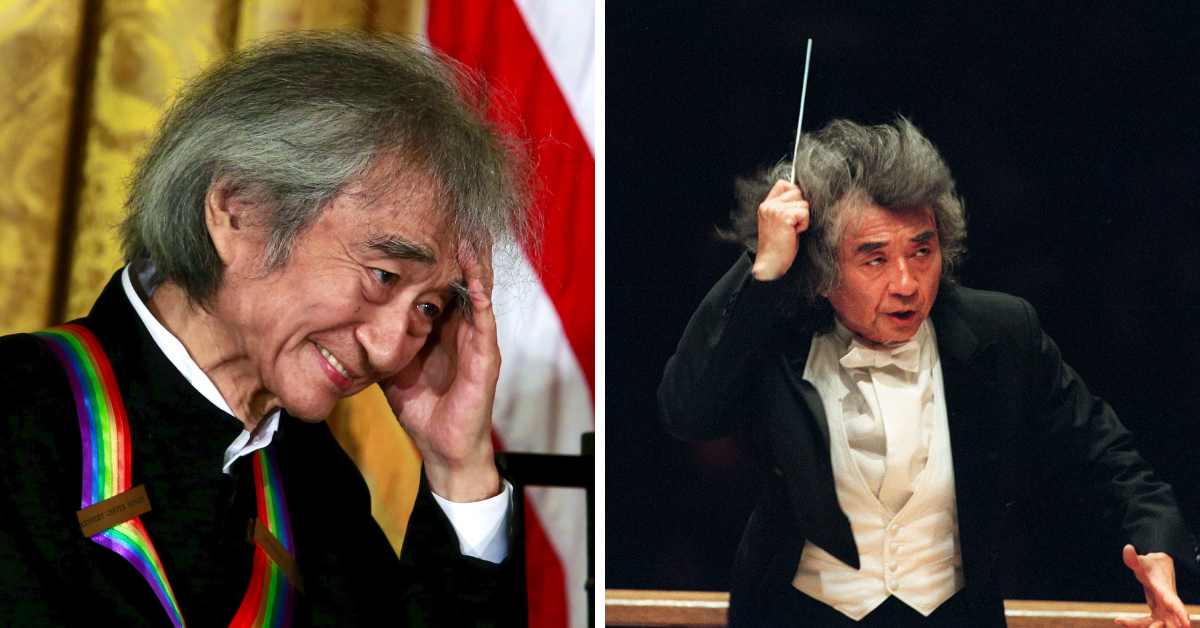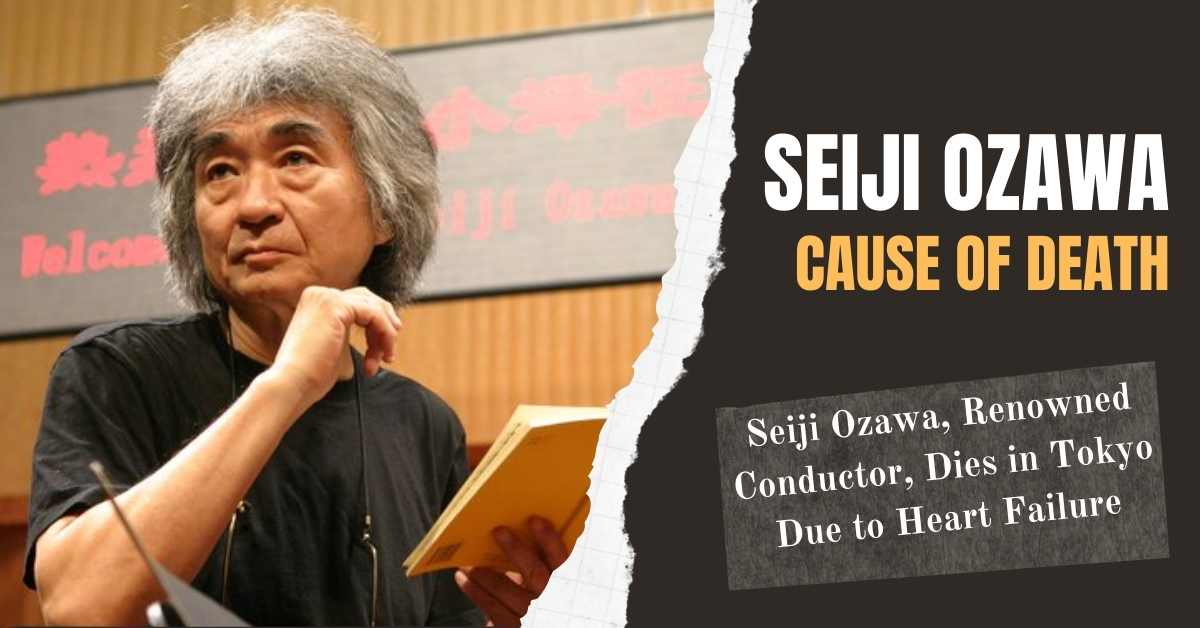Seiji Ozawa, the famous music conductor who led the Boston Symphony Orchestra to new heights for nearly 30 years, passed away on February 6th in Tokyo, Japan, at the age of 88.
His passing was due to heart failure, as stated by someone from the Seiji Ozawa International Academy in Switzerland.
Battling Health Issues
For the past twelve years, Mr. Ozawa bravely faced several serious health problems, including esophageal cancer, ongoing back pain, and issues with his heart valves.
Despite these challenges, he continued to be a significant figure in the world of music.
Japanese media announced Friday that 88-year-old conductor Seiji Ozawa died on Tuesday. Death was due to heart failure:
Japanese conductor Seiji Ozawa died on Tuesday at the age of 88, as reported by Japanese media on Friday. The cause of death was listed as heart failure. pic.twitter.com/Cc8G2JlQs3
— Global Times (@globaltimesnews) February 9, 2024
A Record-Breaking Tenure
From 1973 to 2002, Ozawa was at the helm of the Boston Symphony Orchestra, making him the longest-serving music director in the orchestra’s history.
During this time, Boston became not just where he worked but a place where he made a deep and lasting impact on classical music. Under his leadership, the orchestra explored new musical horizons and delighted audiences around the world.
Read More: Wayne Kramer Cause of Death: How Did the Famous Musician Died?
A True Maestro of Classical Music

Andris Nelsons, who currently directs the Boston Symphony Orchestra, offered high praise for Ozawa, calling him one of the world’s best conductors.
Nelsons spoke about how privileged the orchestra was to work with Ozawa for such a long and fruitful period.
A Legacy That Lives On
Seiji Ozawa’s influence on the Boston Symphony Orchestra and the wider world of classical music will not be forgotten.
His dedication to music, even in the face of health challenges, and his remarkable tenure with the BSO have left a legacy that will inspire many for years to come.
